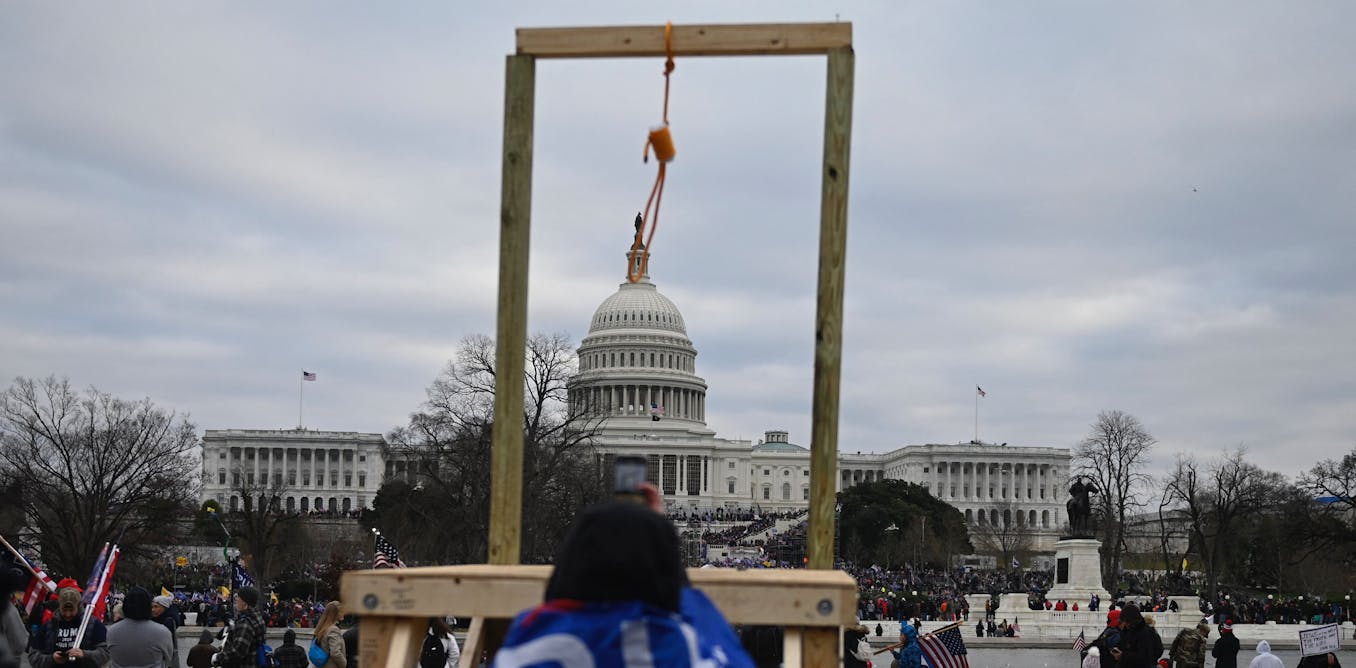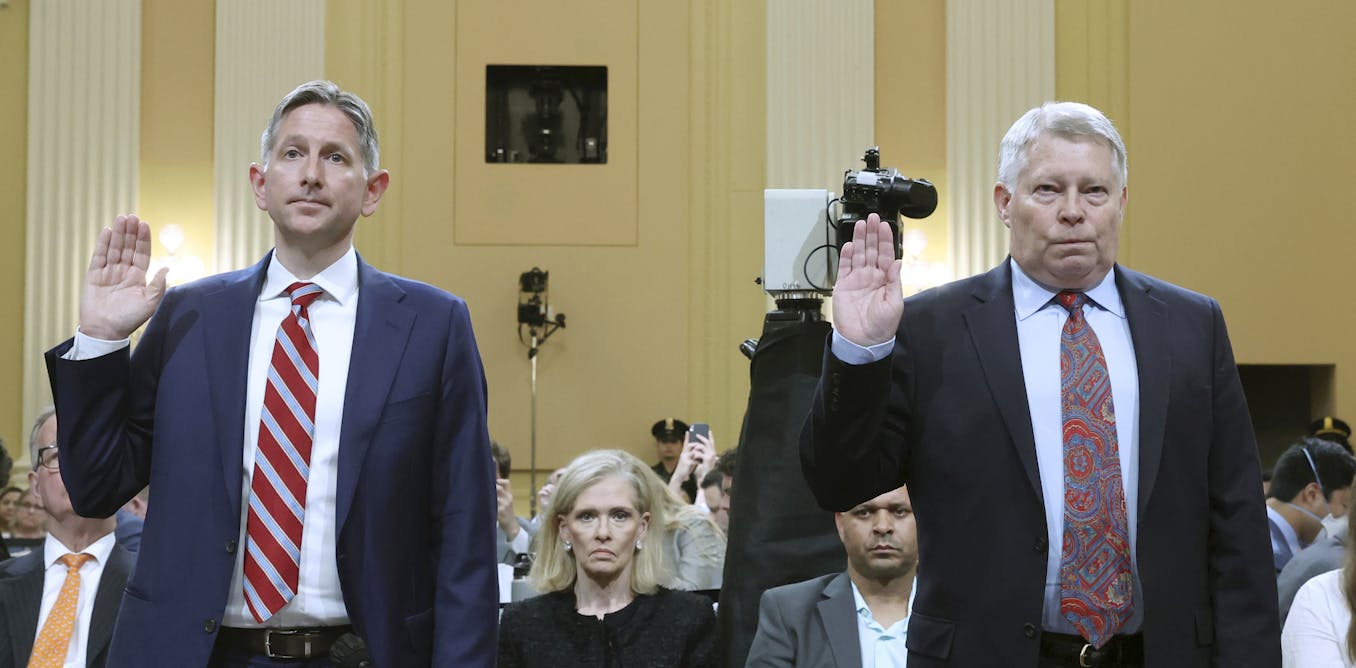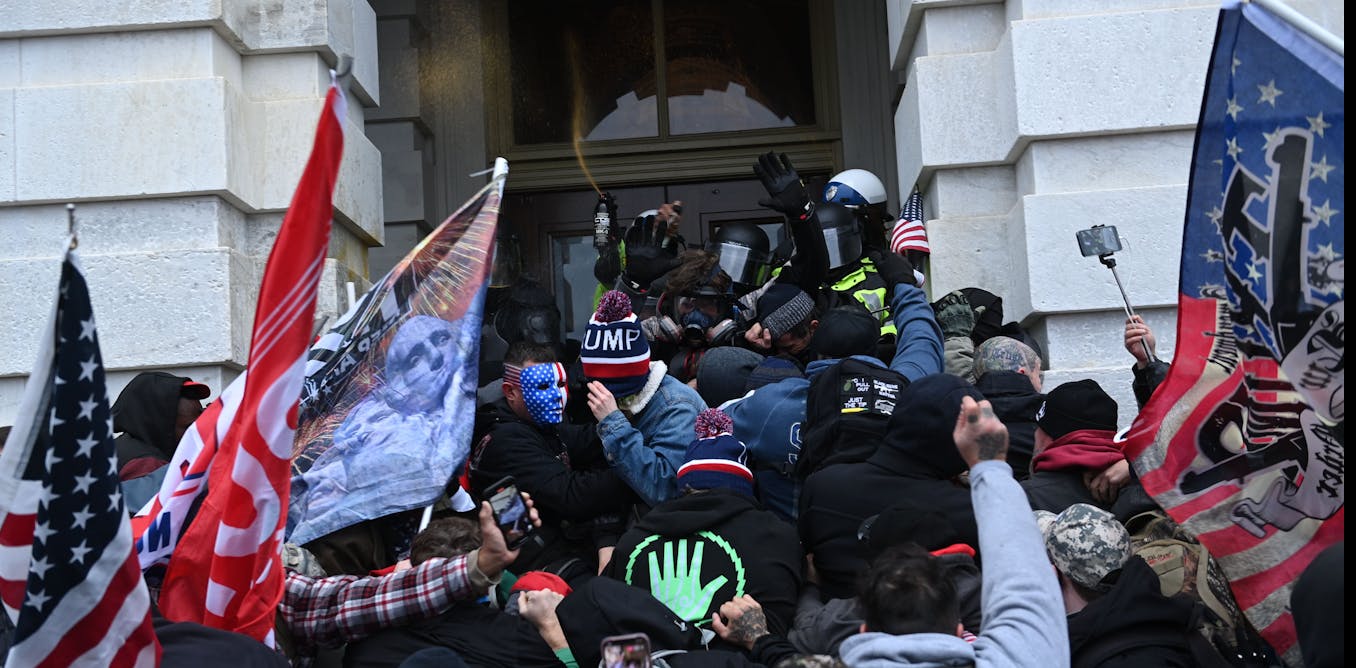Jan. 6 was an example of networked incitement − a media and disinformation expert explains the danger of political violence orchestrated over social media
Social media allows a political leader to direct the behavior of political movements, including engaging in violence and insurrection.
Joan Donovan, Assistant Professor of Journalism and Emerging Media Studies, Boston University •
conversation
Jan. 5, 2024 • ~8 min
Jan. 5, 2024 • ~8 min




